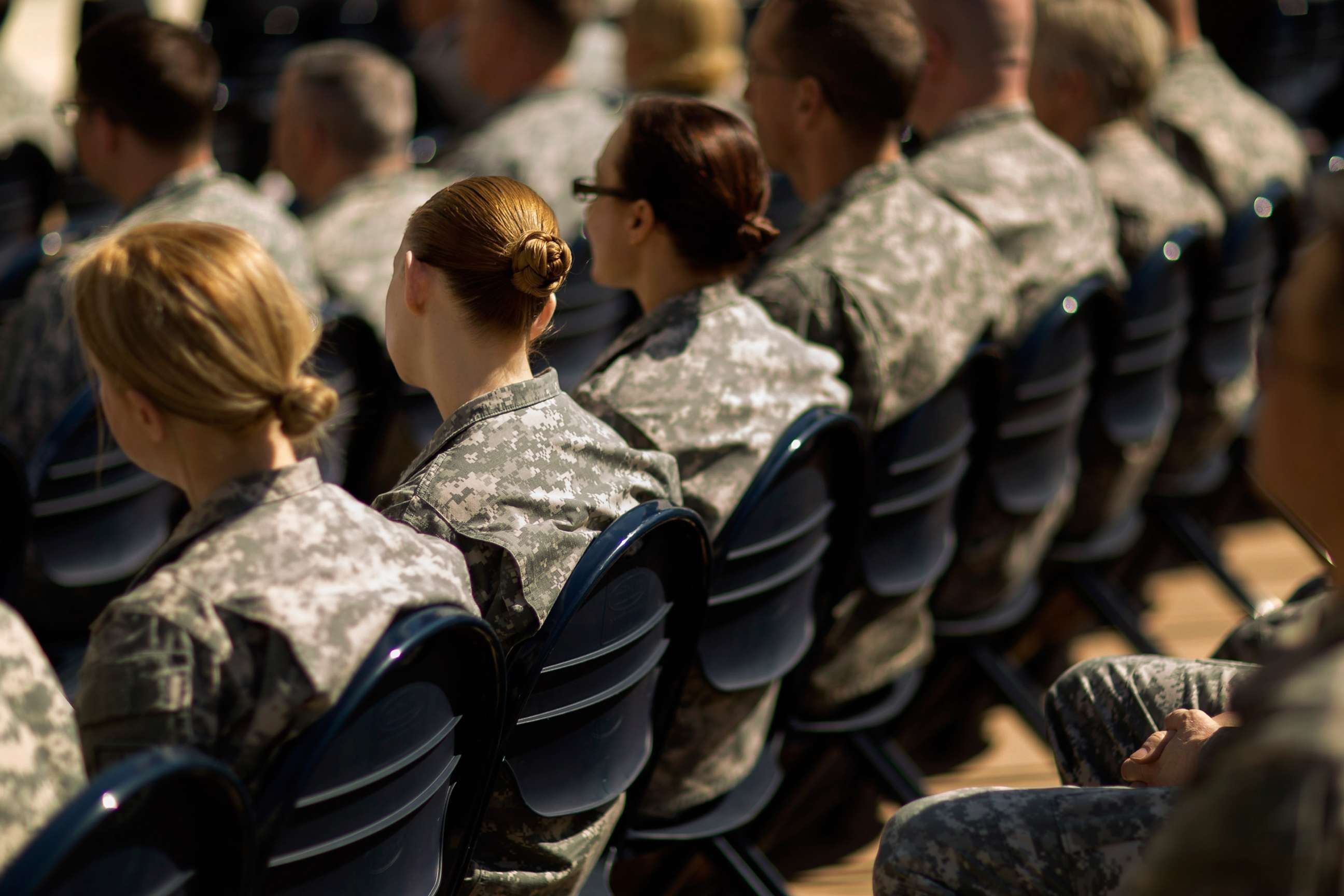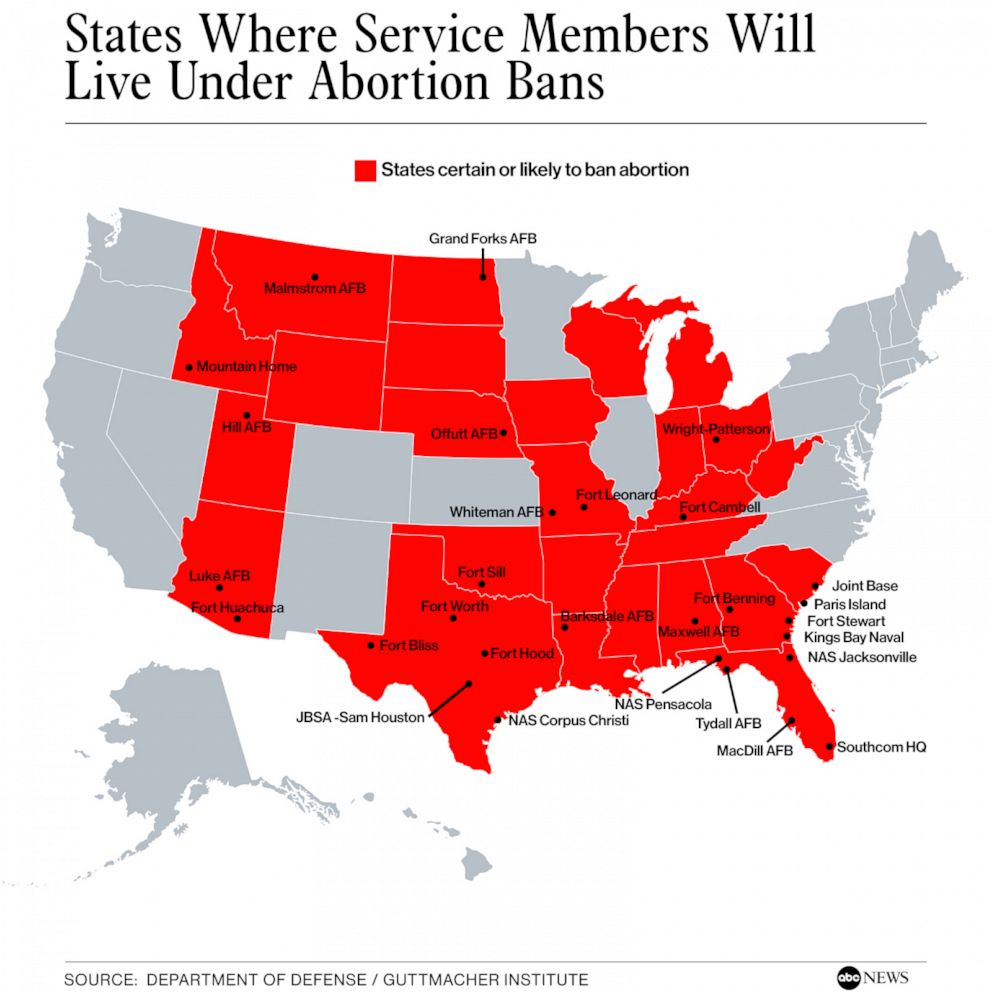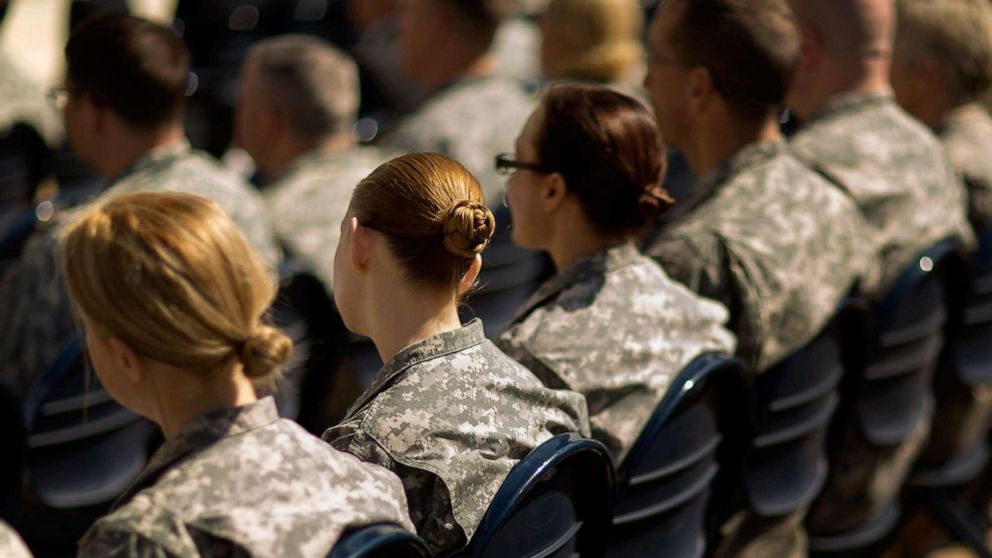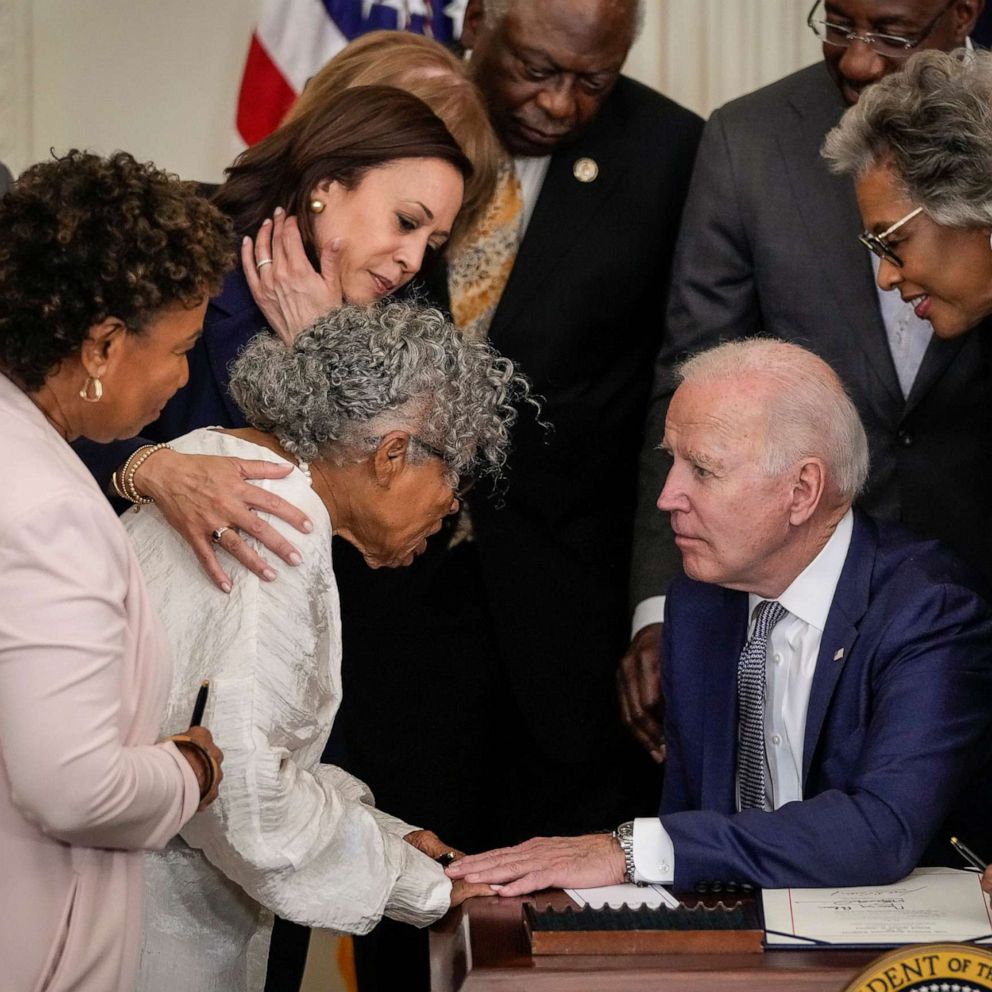Roe's overturning won't affect abortion access for service members, Pentagon says
Last week's Supreme Court ruling overturning Roe v. Wade and allowing states to ban abortion will not stop the U.S. military from permitting its medical providers to continue to perform abortions in cases of rape, incest or if the mother's life would be endangered by carrying the pregnancy to term, according to a Pentagon memo issued Tuesday.
The Pentagon also said the court's decision would not affect its leave policy, which allows personnel to travel as needed to receive care for one of the covered abortions or, in other cases, at their own expense.
The high court's decision, handed down Friday, had raised questions about whether the military's medical system would be allowed to provide access to covered abortions even in states that have banned or plan to ban the procedure. The Hyde Amendment that prohibits the federal government's funding of abortions has exemptions for the military in the cases of rape, incest or risk to the health of the mother.
At least 13 states have now ceased nearly all abortion services.
"The Supreme Court's decision does not prohibit the Department from continuing to perform covered abortions, consistent with federal law. There will be no interruption to this care," Gil Cisneros Jr., the under secretary of defense for personnel and readiness, wrote in the memo this week to top Pentagon officials.
"Health care providers will continue to follow existing departmental policy, and the leadership of military medical treatment facilities will implement measures to ensure continued access to care," Cisneros continued.

Cisneros also stressed that the Justice Department has long held "that States generally may not impose criminal or civil liability on federal employees who perform their duties in a manner authorized by federal law" and that government counsel would be provided to employees and service members if needed.
Still, some military advocates and veterans say there is more the Pentagon can do.
"We're already seeing states that won't even recognize reproductive care and abortion in cases of rape and incest," said Erin Kirk-Cuomo, a former Marine and member of Not in My Marine Corps, a group helping service members who were sexually assaulted.
"Any service members that are stationed at those bases and their families, especially with the high rates of sexual assault [in the military] that we see, that's going to impact them," Kirk-Cuomo told ABC News.
Her group has pushed for military leaders to provide "compassionate reassignment" policies that would both let active-duty women and families who are stationed in states with abortion bans to appeal for reassignment and guarantee that service members in need of an abortion will be able to cross state lines.

Currently the military allows service members to go on travel leave to receive "covered abortions" if it is not available at their base -- or to use personal leave at their own expense to receive an abortion for all other cases.
"Access to emergency or convalescent leave remains unchanged for all Service members," Cisneros wrote in his memo. "DOD civilian employees may continue to request sick leave and other forms of leave as necessary to meet the health care needs of the employee and his or her family members. Sick leave may be used to cover travel that is necessary to obtain any type of medical treatment."




